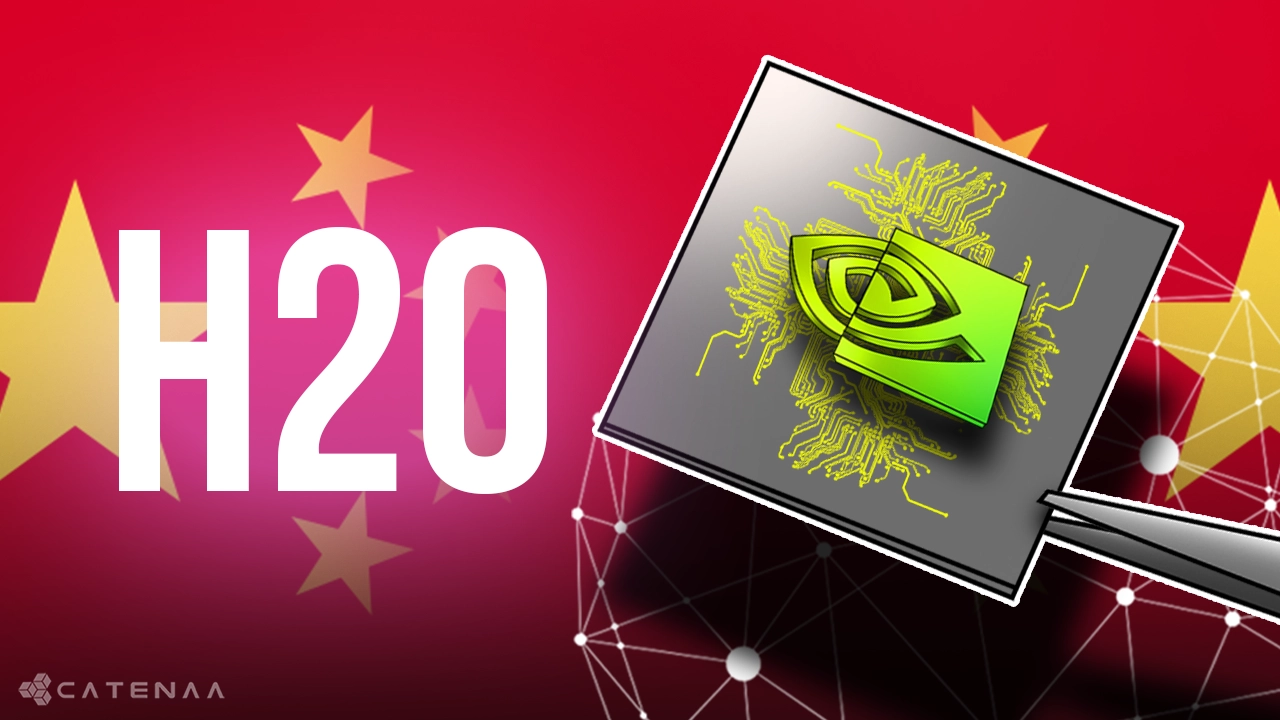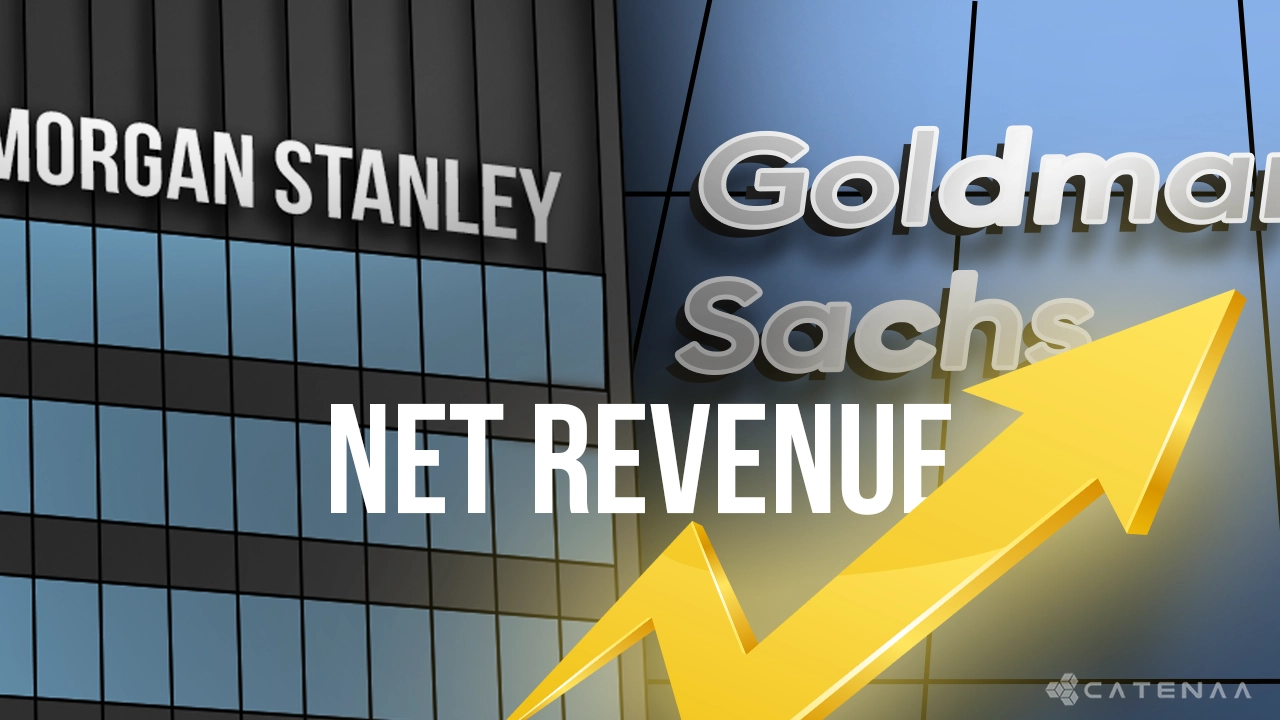Catenaa, Wednesday, July 16, 2025- Nvidia will ramp up the supply of Chinese-compliant H20 chips in the coming months and look to bring more advanced semiconductors to the Chinese market.
“I hope to get more advanced chips into China. Today H20 is still incredibly good, but in coming years, whatever we are allowed to sell to China, we will do so.” Chief Executive Jensen Huang said at an event in Beijing on Wednesday.
Huang’s remarks came after the world’s most valuable company announced its plan to resume sales of the H20 artificial intelligence chip to China, a move US Commerce Secretary Howard Lutnick said was part of ongoing negotiations on rare earths.
“H20 was released from its ban, the memory bandwidth is extremely good, for LLMs and other new models it will be excellent,” Huang said.
Huang has said that US tech giant Nvidia’s leadership position could slip without sales to China, where developers were being courted by Huawei Technologies with chips produced in China.
His comments come days after he met with US President Donald Trump, as Nvidia walks a tightrope between the world’s two biggest economies, both vying for dominance in AI and other cutting-edge technologies.
Huang told the media on the sidelines of the supply chain expo in Beijing that licenses for Chinese orders would be approved swiftly, noting: “There are many order books already in.”
Orders from Chinese companies for H20 chips need to be sent by Nvidia to the US government for approval.
Nvidia has also announced it is developing a new chip for Chinese clients called the RTX Pro GPU, which would also be compliant with US export restrictions.
Huang said the new chip would be designed specifically for smart factories and robot training purposes.
“Here in China, because there’s so much robotics innovation going on, and so much smart factory work being done here, and the supply chain is so vast, RTX Pro is perfect,” Huang said.
Nvidia shares were up by 0.2% on Wednesday market open, the stock is up by 27.2% so far this year. Its market capitalization is currently at $4.16 trillion.


